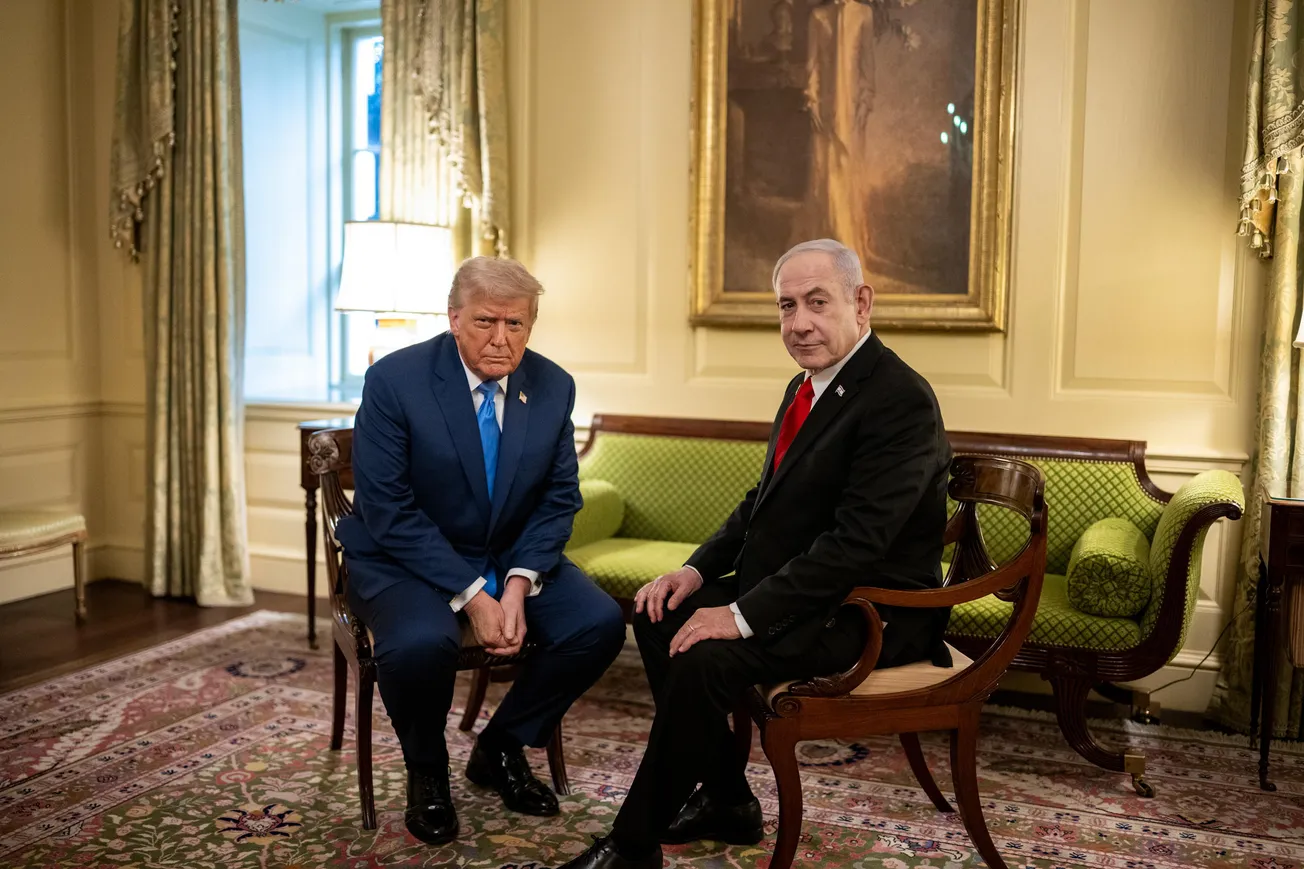U.S. Ambassador to India Eric Garcetti made a crude, condescending swipe at Indian Prime Minister Narendra Modi—without using his name—for his warm and highly productive July 8-9 summit in Moscow, which yielded a very fruitful communiqué for joint coordination of economic development.
At a conclave focused on the India-U.S. defense partnership July 11, the arrogant Garcetti was quoted by ThePrintIndia media as saying: “I know that India ... and I respect that India likes its strategic autonomy. But in times of conflict, there is no such thing as strategic autonomy.” Where is that written? Garcetti continued, referring to the Ukraine war: “We will, in crisis moments, need to know each other. I don’t care what title we put to it, but we will need to know that we are trusted friends, brothers and sisters, colleagues that, in times of need, in the next day, be acting together.”
The U.S. Ambassador added: “We all know that we are interconnected in the world; no war is distant any more. And we must not just stand for peace; we must take concrete actions to make sure those who don’t play by peaceful rules, that their war machines cannot continue unabated. And that is something the U.S. needs to know and that India needs to know together,” reported the July 12 Hindustan Times.
Apparently, India did not get the message.
Garcetti and Secretary of State Blinken were incensed that Modi and Putin, long-time friends, greeted each other with a bear hug and otherwise deepened their relationship. The State duo were also irked that Modi traveled to Russia instead of dutifully attending the 75th anniversary NATO summit in Washington over July 9-11. Garcetti and Blinken’s reaction, and Garcetti’s choice of words, are reminiscent of race-imperialist Winston Churchill, who thought that Indians were “filthy” and “breed like rabbits.” The U.S. and Britain, Garcetti thinks, will tell India with whom it can meet.



